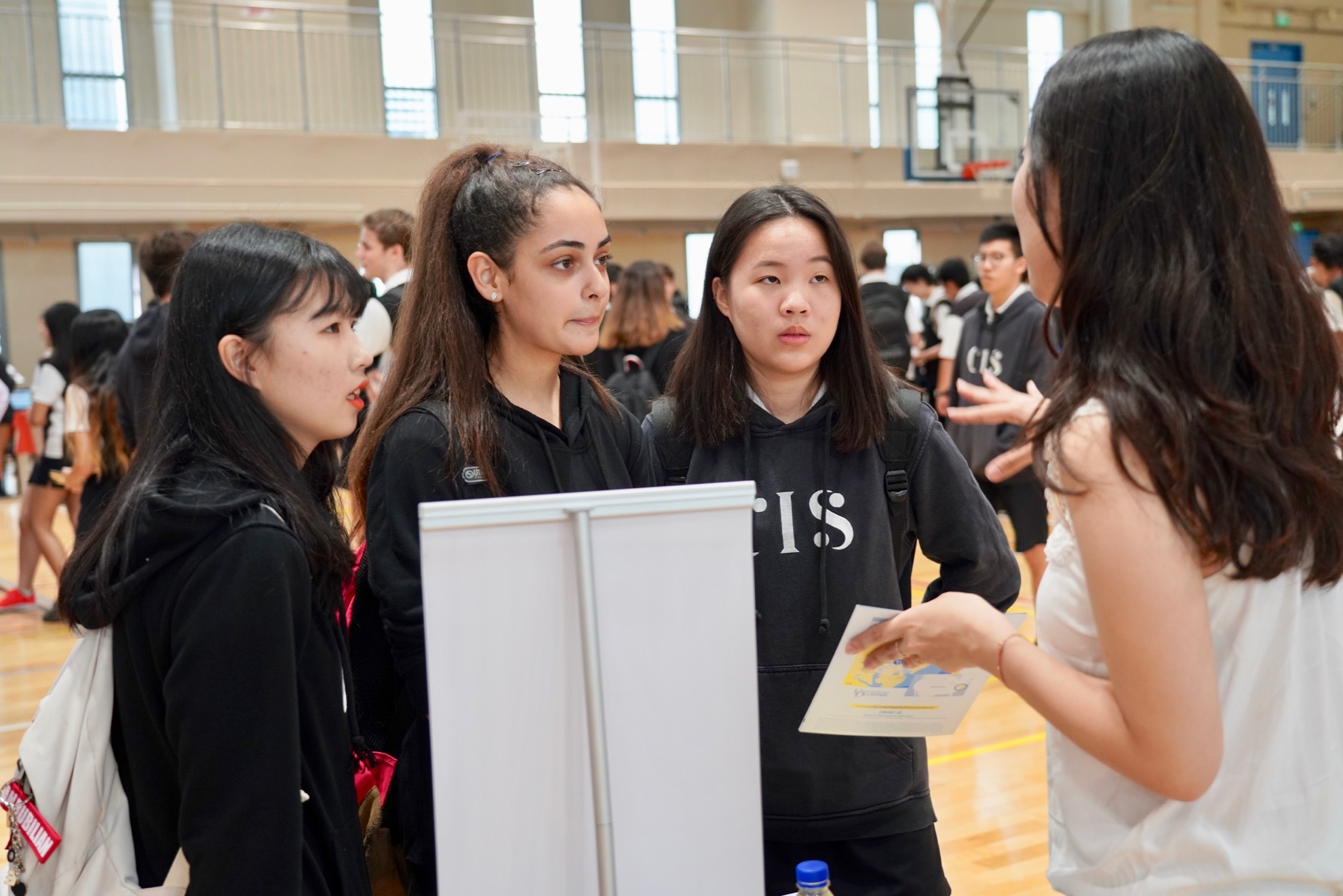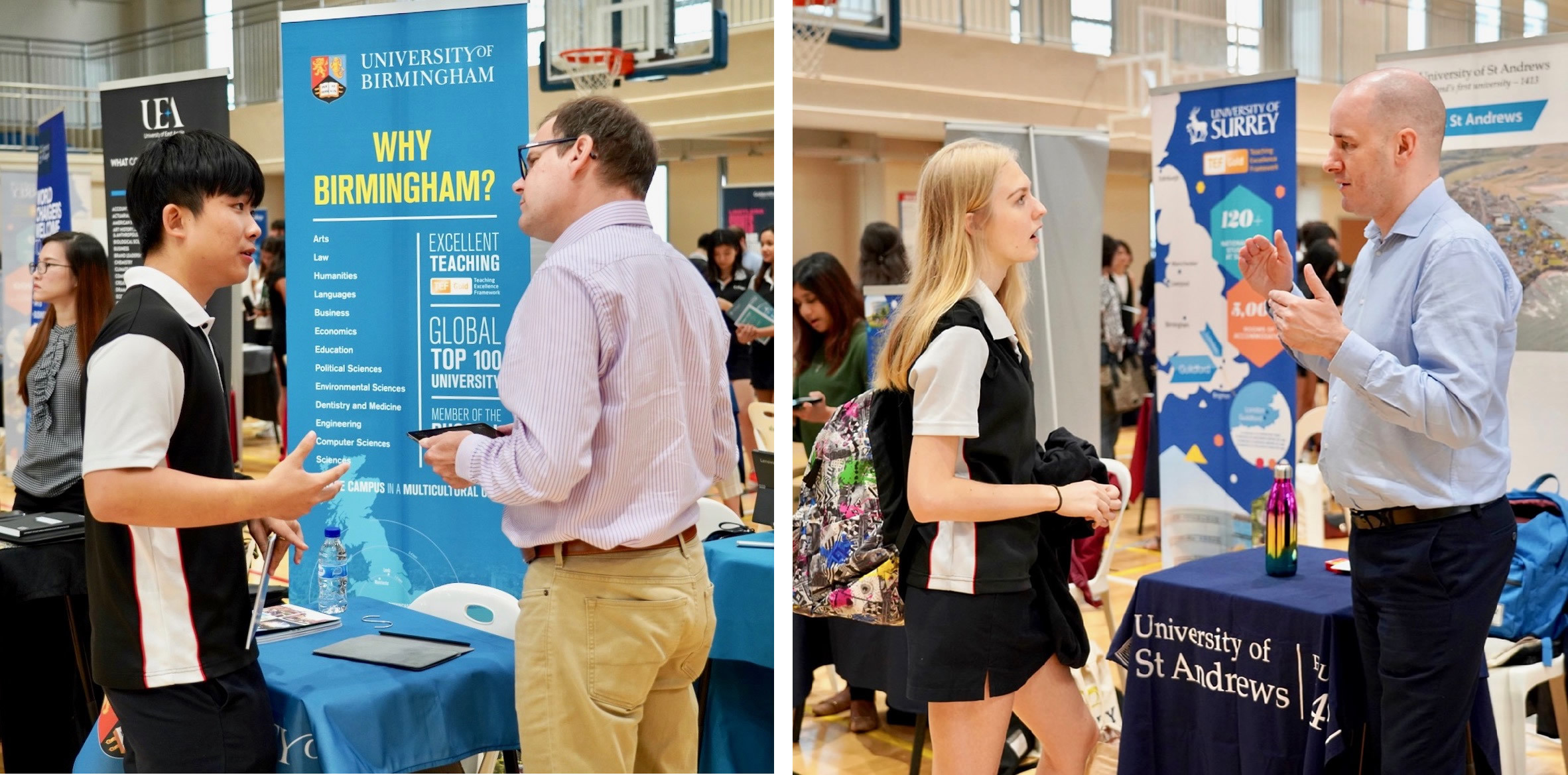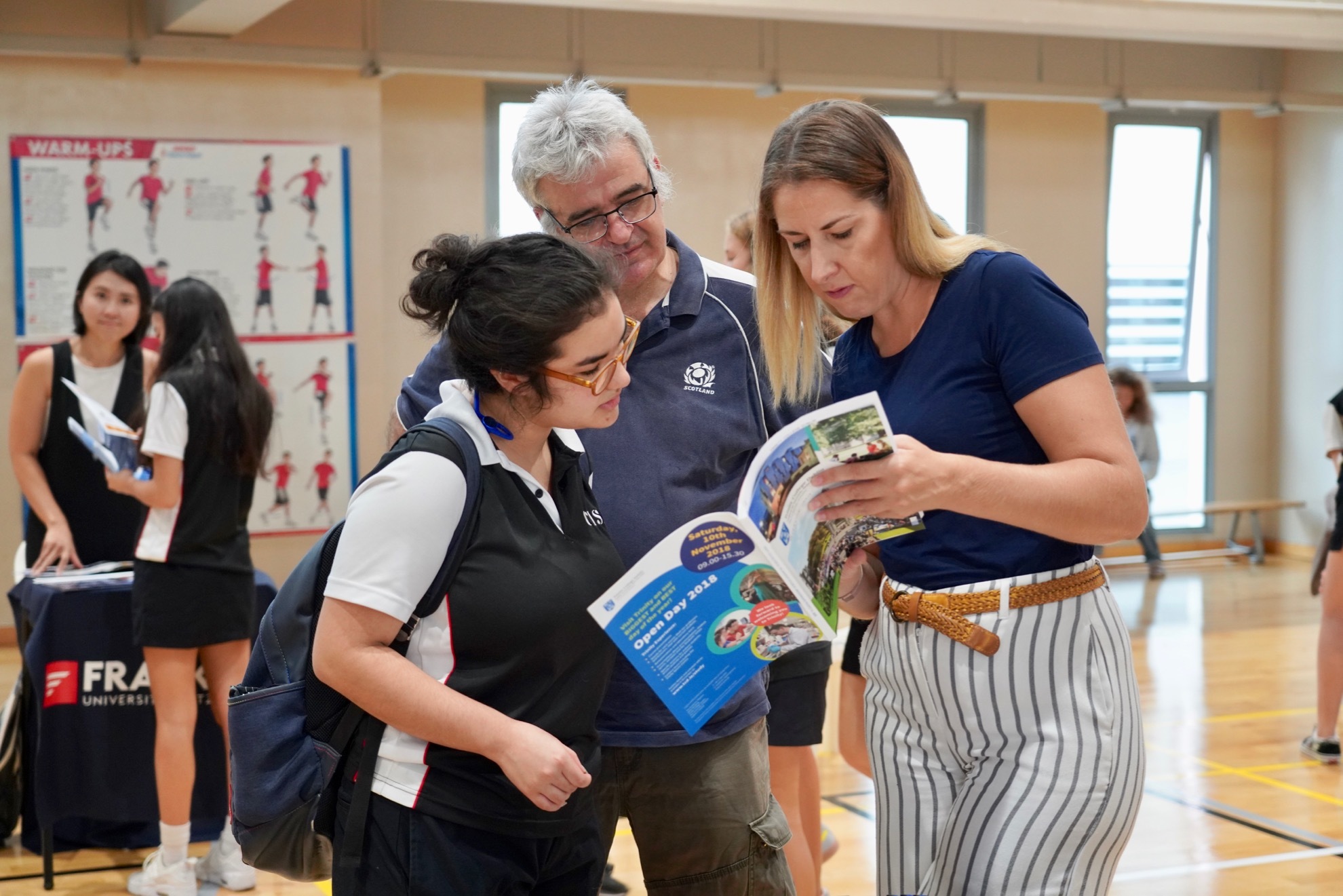University admissions misconceptions debunked
There are many misconceptions about the university admissions process. CIS university advisor Kemal Taskin debunks 6 of the biggest and offers some valuable advice:

The higher the ranking of the university, the better it is.
We live in an age where we rank and evaluate many things in our lives, universities included. A university ranking is made up of a lot of variables that are not well understood by the majority of people. There are overall rankings of the university and then there are rankings for a subject area. Subject rankings are more pertinent than an overall ranking.
Rankings should never be the only factor when considering whether to apply to a university or not. The reality of the thousands of universities around the world is that the vast majority of them will be an excellent "fit" for the right student. Globally, thousands of young adults attend "unranked" universities. They thrive, learn and grow; and are prepared to enter the workforce or graduate school. Unfortunately, there are also students who attend top-ranked universities only to find it wasn't a good fit, and they wind up transferring to a different institution.

Essays and personal statements don't matter that much.
If students applying to a university can't articulate why they want to go there, or study that subject, then they send a red flag to the decision making committee. If students don't take the time to explain to a committee why they want to attend, or if they don’t explain it well in their application, the university acceptance committee will wonder if the student is really interested in attending in the first place, and if they can actually write at a university level.
Imagine you have 10 places left, and 100 students to choose from, and all of the finalist applicants have the same academic qualifications, who would you take? The applicant with an amazing essay or personal statement, or a weak one? It’s an easy answer.

If I hire an outside agent (and pay them a lot of money) they will get me into the university that I want to go to.
Agents, known as educational consultants, can give advice to secondary students on the different aspects of applying to universities, however, they should never be writing or editing their essay. An agent can never "get a student into a university" because they know the staff there, or because they have helped get previous students in.
University advisors in the vast majority of international schools around the world can do all of the work that an agent does. And these advisors have the students’ best interest at heart. If a family decides to employ an external agent, they should inform their university advisor beforehand.
The more universities that I apply to, the better my chances at getting accepted.
Students in their final year of secondary school should be focusing on their academic programme and on finishing strong. Universities that require additional supporting application materials can be overwhelming for secondary students and take up a lot of their time, often at the expense of their studies. The standard at many schools around the world is for students to apply to a maximum of 10 universities. 2 of these could be their "dream" schools, 4-5 should be their "target or realistic" ones, and 2 should be "back ups” or those with a higher acceptance rate.
The SAT/ACT and other standardised test scores are required at all universities in the United States.
There are about 800 US universities that either don't require students to take the SAT, or say the SAT is optional. The number of universities grows for international students because the SAT is more of a US based test designed for US students. Additionally, some universities won’t require IB students to take the SAT.
Companies will only hire graduates from a well known university.
Although some companies may target universities with very high standards in a particular subject area (more often in the engineering field), more often than not, companies are going to hire the most competent, most skilled and most interesting candidate. Students who have a wealth of experience while attending university (who are in co-op and internship programmes) are highly sought after and more to talk about in an interview than a candidate who has only a "name brand" to fall back on. Smart students take full advantage of the amazing opportunities that exist in thousands of not so “famous” universities around the world, gather references from professionals in a particular field and develop a broad range of soft skills that employers look for.